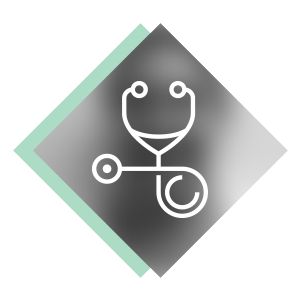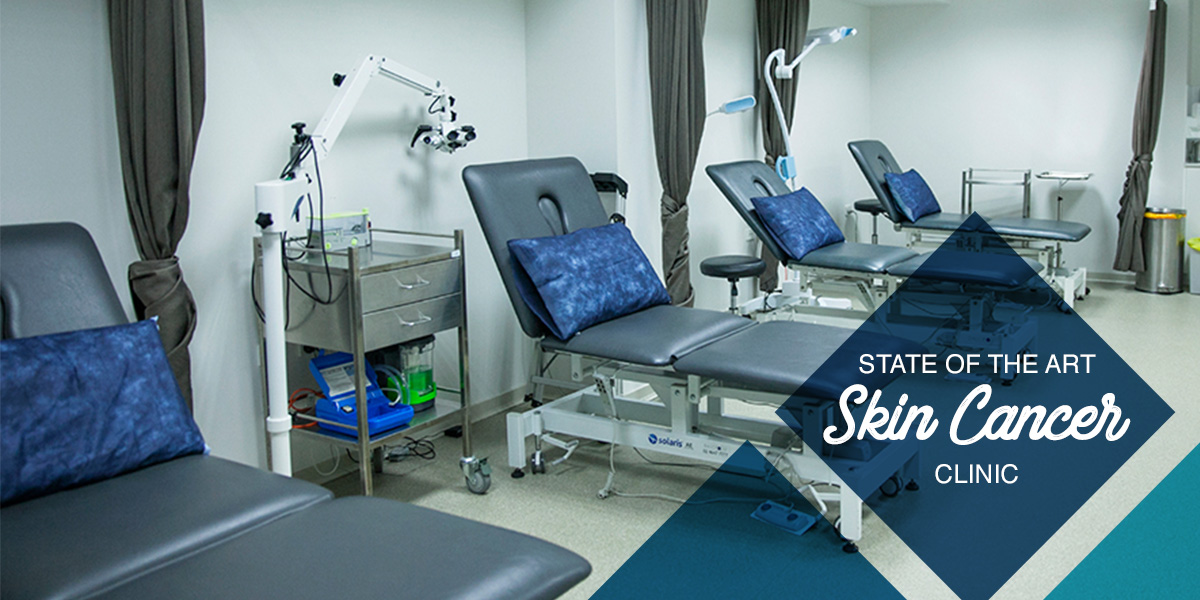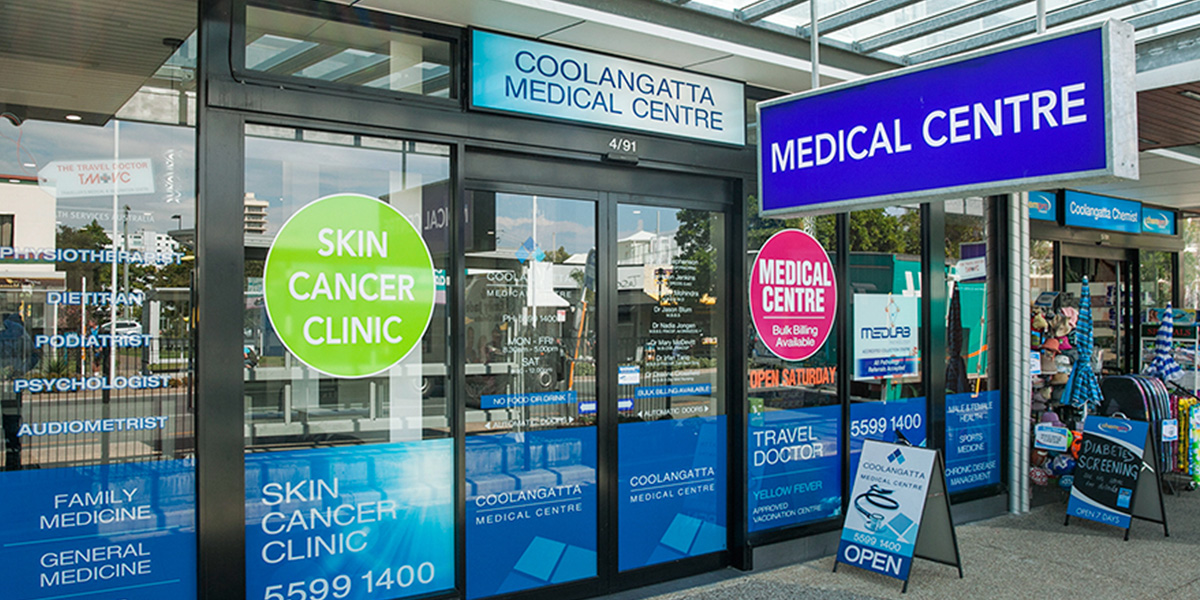Before travelling to South Africa, it’s important to ensure you’re up-to-date on essential vaccinations to protect yourself from potential diseases. Coolangatta Medical Centre provides all the necessary vaccines for your South Africa travel so you can enjoy your trip with confidence and peace of mind.
What Vaccinations Do I Need for Africa?
While there is no set of required vaccinations for one to travel to Africa, there are recommended vaccinations for South Africa’s tourists from Australia to ensure maximum protection against potential health risks. Keep up-to-date on the following routine vaccinations to minimise health risks.
Chickenpox (Varicella)
Chickenpox is a highly contagious infection that causes an itchy, blister-like rash that initially appears on the chest, back, and face, and then spreads over the entire body.
Most individuals who received 2 doses of varicella vaccine will be protected from the virus for life. The first dose is usually administered from age 12 through 15 months, while the second dose is given from age 4 through 6 years old. In Australia only one vaccine is given as per the National Immunisation Schedule and this does not give as good immunity as two vaccines.
or
Call (07) 5599 1400
More About Us!
Clinic Hours:
- Monday – Friday 8:30am – 5pm
- Saturday 8:30am – 2.30pm
- Sunday 9:00am – 12.00pm
- Public Holidays – Please call the centre for more information.
Email us: office@coolmedical.com.au
Find us at 91 Griffith Street, Coolangatta, QLD
Diphtheria-Tetanus-Pertussis (dTpa)
dTpa vaccine protects individuals against these three diseases: diphtheria, tetanus, and pertussis. Diphtheria is a life-threatening bacterial infection that causes severe breathing difficulties, congestive heart failure, kidney and nerve damage, as well as other health problems depending on which nerves are affected. Tetanus is an infectious disease caused by a bacterium found mostly in rusty tools like nails, barbed wires, and faeces of animals and humans. Pertussis, or whooping cough, is a respiratory disease that causes persistent dry cough with a ‘whoop’ sound in between long, uncontrollable coughing fits.
The CDC’s Advisory Committee on Immunisation Practices (ACIP) recommended that adolescents and adults over 10 should get one dose of the dTpa vaccine, then a booster dose of Td (tetanus and diphtheria) every 10 years to strengthen immunity. Women are also advised to get a dose of the dTpa vaccine during each pregnancy to minimise the risk of pertussis in infants. [1]
Flu (Influenza)
In South Africa, about 40,000 hospitalisations and 12,000 deaths occur each year due to influenza. It is usually transmitted through an infected individual’s coughs and sneezes, causing fever, cough, headache, and other symptoms.
Studies suggest that the effectiveness of the flu vaccine decreases with each passing month. [2] Travellers should receive an influenza vaccination with the recommended Southern Hemisphere formulation, if available, to ensure maximum protection against influenza.
Measles-Mumps-Rubella (MMR)
The MMR vaccine prevents individuals from three serious viral infections: measles, mumps, and rubella. Measles is a contagious airborne disease that causes rashes, fever, and a runny nose. Mumps is caused by a paramyxovirus, which affects the glands that produce saliva. Rubella, also known as German measles, is a contagious viral infection that can cause red rashes, swollen lymph glands behind the ears and neck, mild fever, and headache.
While the MMR vaccine usually provides lifetime protection against mumps, some individuals may have decreased immunity later in life. If you are at risk due to an outbreak, an additional dose may be required. Two doses of MMR vaccine are 97% effective against measles and 88% effective against mumps.
Polio
Also called poliomyelitis, polio is a viral infection that primarily affects the nerves in the spinal cord or brain stem. It can cause paralysis in certain limbs.
The CDC states that a complete series of immunisations can highly offer immunity for many years. The Australian Immunisation Handbook recommends that adults at higher risk of exposure to polio get the inactivated poliovirus (IPV) vaccine or an IPV-containing vaccine every 10 years. When going to countries with active polio cases, a lifetime booster may be recommended. [3]
COVID-19
COVID-19 is a highly contagious disease that spreads through respiratory droplets or airborne particles. Most people infected with the virus experience mild to moderate respiratory illness, with common symptoms such as fever, cough, sore throat, loss of taste and smell, and nausea.
The Australian Technical Advisory Group on Immunisation (ATAGI) recommends the Pfizer vaccine for people aged 16 to 59 and AstraZeneca for individuals aged 18 to 59. Here’s how long each vaccine’s effectiveness lasts: [4]
- Moderna: about 6 months
- Pfizer-BioNTech: about 6 months
- Johnson & Johnson: about 8 months
- Oxford-AstraZeneca: about 3 months
- Novavax: about 6 months
Hepatitis A
Travellers who consume contaminated foods or drinks, particularly in locations with poor sanitation, can contract the hepatitis A virus. This causes inflammation of the liver, which can result in mild or severe illnesses.
Individuals who have completed a two-dose series of hepatitis A vaccines are estimated to be protected against the virus for at least 25 years (adults) and 14-20 years (children).
Hepatitis B
Hepatitis B often doesn’t produce symptoms. However, it can sometimes cause jaundice, dark urine, fatigue, abdominal pain, and nausea. This can be contracted from exposure to infected blood, semen, or other bodily fluids.
The World Health Organisation (WHO) recommends that babies should receive the hepatitis B vaccine within 24 hours after birth, followed by two or three doses at least four weeks apart. Booster shots are usually not required for individuals who have completed the three-dose vaccination series. The hepatitis B vaccine protects against the virus for at least 20 years.
Typhoid
Typhoid is a bacterial infection spread through contaminated food or water. The virus caused by typhoid multiplies into the bloodstream, which can lead to life-threatening complications if not treated promptly.
A single dose of injectable typhoid vaccine offers 3 years of protection for individuals aged 2 years and over. For mixed vaccines against both typhoid and hepatitis A, a single dose gives 3 years of protection for individuals aged 16 years and over.
Rabies
Rabies is a serious disease that affects the central nervous system and often results in death. It can be contracted through a bite or scratch from an infected animal. In South Africa, rabies is prevalent among various animal species, including domestic dogs and terrestrial wildlife.
If you’re travelling to an area with a high risk of exposure to potentially infected animals, you should receive 2-3 doses of rabies vaccine. The duration of protection the vaccine offers varies, but it usually lasts at least 1 or 2 years. Depending on your level of risk, you may be advised to receive a booster dose within 3 years to ensure maximum protection against the disease.
Malaria
Malaria is common throughout the year, with peak months from September to May. Risk is high in low-altitude areas of Mpumalanga Province (including Kruger National Park) and Limpopo Province, Vhembe and Mopani districts, Musina, Thohoyandou, and the surrounding areas.
Depending on drug resistance and individual health considerations, your healthcare provider may advise a specific antimalarial medication. Several antimalarial medications are available for travellers, including chloroquine, mefloquine, doxycycline, and atovaquone-proguanil. Consult with one of our doctors to know which medications you can take for your travel.
Potential Health Risks for South Africa Travel
Apart from vaccine-preventable diseases, there are also potential health risks in South Africa that travellers should be aware of:
Listeriosis
In 2017, a listeriosis outbreak occurred in South Africa, mostly affecting the provinces of Gauteng, Western Cape, and KwaZulu-Natal. The outbreak was caused by consuming a contaminated polony—a ready-to-eat, processed meat product. Listeriosis is a foodborne disease caused by eating foods contaminated by the bacteria L. monocytogenes. The outbreak successfully ended; however, it’s best to practise precaution and avoid eating recalled deli products and meats sliced at deli counters. It’s best to heat meat until steaming hot before eating to destroy any bacteria.
Sexually Transmitted Infections (STIs) & HIV
South Africa has the largest estimated number of people living with HIV. [5] About 19% of HIV infection is recorded among people aged 15 to 49 years old, with considerably higher cases among sex workers. Other STIs are also prevalent, including antimicrobial-resistant gonorrhoea. Travellers should be informed about the significant HIV and STI risks in South Africa and the importance of practising safe sex with someone whose HIV or STI status is unknown.
Schistosomiasis
Schistosomiasis, also known as bilharzia, is the second most common parasitic disease in Africa after malaria. It can be contracted by swimming or coming into contact with contaminated freshwater. Currently, there is no vaccine available against the disease. It’s best to avoid wading, swimming, or touching freshwater sources that may contain cercariae, especially in lakes, streams, and along dams in Limpopo, Mpumalanga, North West, KwaZulu-Natal, the Eastern Cape, and Gauteng provinces.
Traveller’s Diarrhoea (TD)
Traveller’s diarrhoea (TD) is one of the most common travel-related illnesses. Consuming contaminated foods or drinks, especially in environments with poor hygiene and sanitation, can increase the risk of TD. In most major cities, tap water is generally considered safe to drink. However, travellers are advised to drink only bottled water in more rural areas for safety reasons. If you experience stomach upsets or diarrhoea, stay hydrated and take rehydration salts to replenish the fluids and minerals your body has lost. If problems persist, seek medical attention.
Or Call (07) 5599 1400
Book Your Appointment For Travel Vaccinations
Ensure a safe journey by scheduling your vaccinations for your South Africa travel weeks prior to your trip. At Coolangatta Medical Centre, we offer personalised travel health consultations and vaccinations to protect you from potential health risks. Book your appointment today to stay protected and enjoy a worry-free travel experience.
Our Travel Doctors
Our team of Travel Doctors in Gold Coast share their expertise in vaccinations required by law for entry to a country as well as the specific precautions needed and the vaccinations recommended for general protection against diseases. Always seek medical advice from travel doctors at least a month before your trip to learn more about the necessary vaccinations required before visiting your destination.
Related Medical Services We Offer:
At Coolangatta Medical Centre, we also offer many other specialised care for vaccinations and overall family health care to keep you and your loved ones healthy. Book your appointment to visit our clinic at Gold Coast.
To see more of our other medical services, click here.
Payment Methods:
Full fee upfront is payable on the day of your appointment and will be processed with a credit/debit card token provided at the time of booking.
Medicare rebate is processed for you on your behalf by the administration team and will go back into the account that you have nominated with Medicare within 24 to 48 hours. For more information about Medicare rebates, see our FAQs page.
Out of pocket fee is the amount of money that you will be out of pocket after Medicare has processed your rebate.
Areas We Serve
Coolangatta Medical Centre services many local communities on the Gold Coast as well as Northern NSW. If you live in or nearby the following suburbs, Coolangatta Medical Centre is easily visited from the location:
- Tweed Heads
- Tweed Heads South
- Tweed Heads West
- Bilinga
- Cobaki Lakes
- Tugun
Frequently Asked Questions
What diseases should I worry about in South Africa?
If you’re travelling during winter months in South Africa, it’s essential to protect yourself from influenza, as this is generally considered to be the peak season. Soil- and water-borne diseases such as Schistosomiasis and malaria are also common throughout the country.
How to avoid getting sick in South Africa?
Drink only bottled or filtered water and avoid raw or undercooked food. Avoid swimming in or coming into contact with freshwater in areas with reported cases of schistosomiasis. If your itinerary includes a lot of outdoor activities, it’s best to use insect repellant to protect yourself against mosquito-borne diseases. Lastly, stay up to date on the recommended vaccinations for South Africa travel to ensure maximum protection.
How many shots do I need to go to South Africa?
There are no strict vaccination guidelines for entry into South Africa, but certain vaccines are recommended based on your health and travel plans. Routine vaccines such as MMR, dTpa, and COVID-19 should be up to date. Additionally, you may want to consider these vaccinations if you haven’t been immunised yet:
- Chickenpox: 2 doses
- Influenza: 1 dose annually, preferably before the onset of the flu season
- Hepatitis A: 2 doses
- Hepatitis B: 3 doses
- Typhoid: 1 dose
- Rabies: 2-3 shots
- Japanese Encephalitis: 2 doses
What medicine should I take to South Africa?
Here are some medicines you can pack into your bag before travelling to South Africa:
- Your prescriptions
- Altitude sickness medicine
- Medicine to prevent malaria
- Antacid
- Diarrhoea medicine
- Antihistamine
- Motion sickness medicine
- Cough drops
- Cough suppression/expectorant
- Medicine for pain and fever
- Decongestant
- Saline nose spray


 Dr Mary McDevitt
Dr Mary McDevitt Dr Kerrie Davis
Dr Kerrie Davis Dr Michaelia Verbeek
Dr Michaelia Verbeek Dr Russell O’Brien
Dr Russell O’Brien
